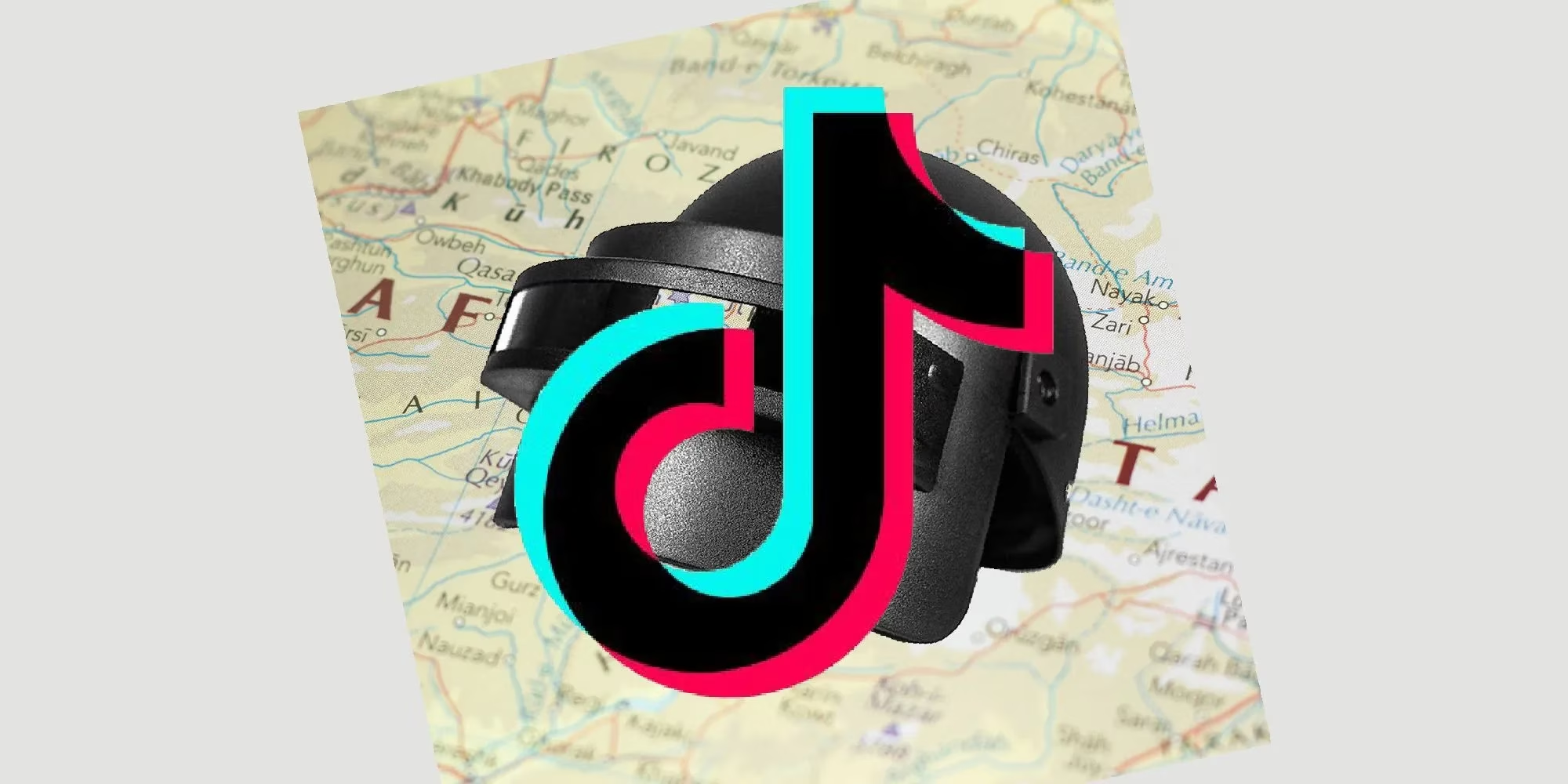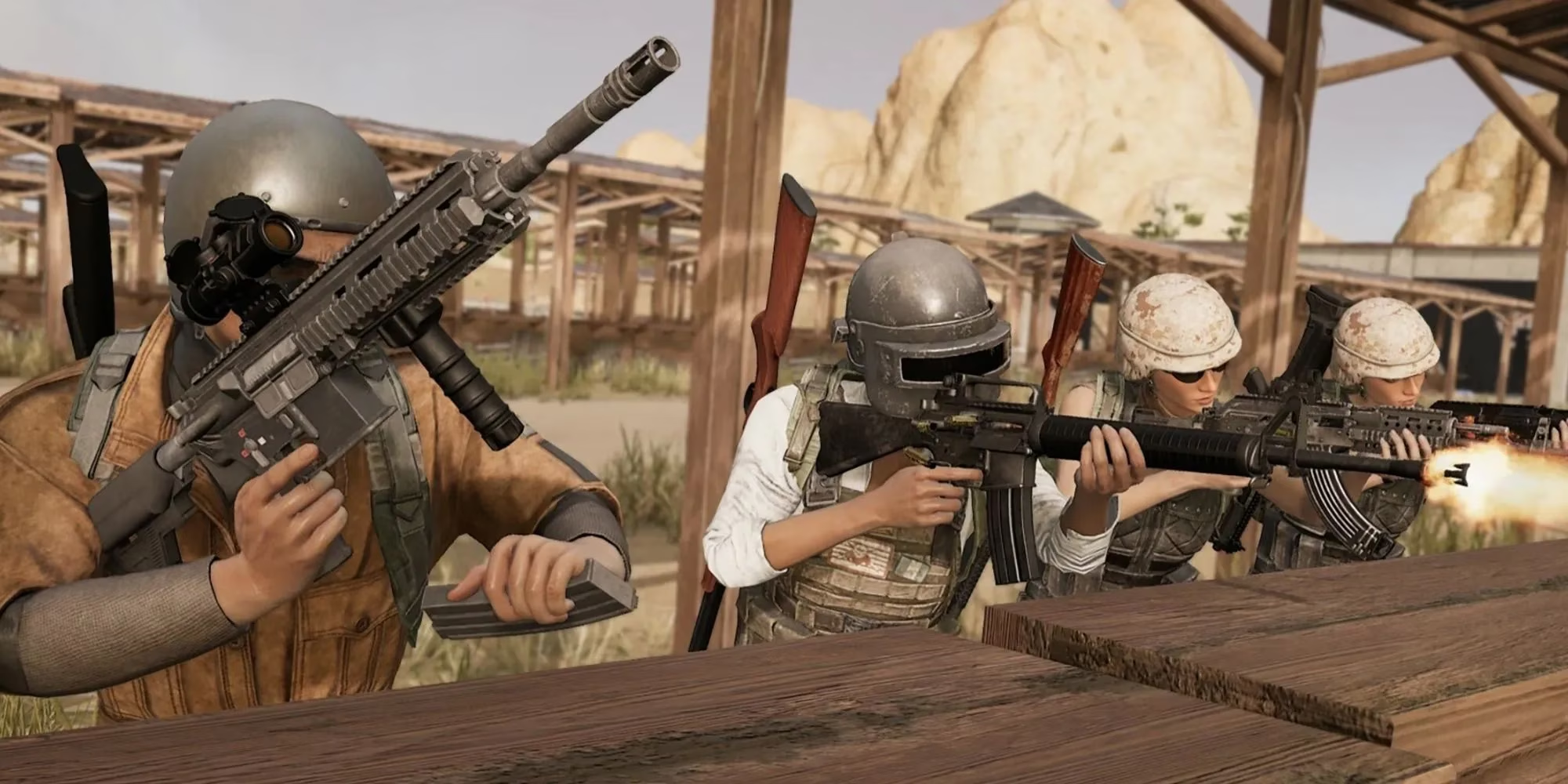Explore how Taliban's bans on PUBG and TikTok in Afghanistan reshape digital life, impacting millions of gamers and cultural expression worldwide.
As a hardcore gamer, I still remember the shockwaves when Afghanistan announced bans on PUBG and TikTok back in 2022. Fast forward to 2025, and these restrictions have fundamentally reshaped digital life under Taliban rule. Just imagine – one day you're clutching chicken dinners with your squad, the next you're facing government blocks on your favorite battle royale and social platform. The Taliban claimed both were "misleading the youth," but for over 100,000 Afghan PUBG Mobile players logging in daily during peak hours, it felt like losing a vital escape hatch from reality.

⚠️ The Ban Timeline That Changed Everything
When Taliban officials dropped their ultimatum in late 2022, the countdown felt brutal:
-
TikTok got 30 days before shutdown (mid-October deadline)
-
PUBG had 90 days before termination (December cutoff)
What many international observers missed? They didn't distinguish between PC and mobile versions – both PUBG variants got axed. Considering PUBG had sold 75 million copies globally at that point, this wasn't some niche indie game. For Afghan gamers, it was like having the stadium lights cut during championship finals.
🔥 Why Target Gaming and Social Media?
The Taliban's reasoning? They framed it as protecting morality:
"Both platforms are misleading Afghanistan's youth"
But let's break this down honestly:
-
🎮 PUBG showed weapon mechanics and combat scenarios
-
📱 TikTok enabled uncensored cultural expression
-
Combined, they represented Western digital influence
Three years later, the bans remain ironclad – and honestly, it makes you wonder: Is this really about morality, or about controlling narratives?

🌍 Afghanistan Joins the PUBG Ban Club
Afghanistan wasn't pioneering game bans – they joined existing prohibitions in:
| Country | Ban Status | Workaround Attempt |
|---|---|---|
| Nepal | Full PUBG ban | None successful |
| India | Original PUBG banned | Replaced with Battlegrounds Mobile India |
| Pakistan | Regional restrictions | VPN usage surge |
India's saga was especially wild. After banning PUBG Mobile, they got Battlegrounds Mobile India (BGMI) as a "rebranded" version... only for regulators to slam the hammer down again when they realized it was the same game with fresh paint. Talk about a royal gamer rage moment!
🕹️ Gaming in Afghanistan Today (2025 Update)
Wondering what happened to those 100k+ players? From underground Discord channels, we know:
-
💻 Hardcore squads migrated to VPNs (with major latency issues)
-
📵 Casual players shifted to offline/single-player games
-
🎲 Some embraced chess and traditional games instead
The Taliban’s digital crackdown created a bizarre paradox: In a country rebuilding from war, even virtual battlegrounds became forbidden territories.
❓ People Also Ask: PUBG Ban Edition
Why did Taliban specifically target PUBG?
Unlike puzzle or sports games, PUBG’s military theme conflicted with their ideology – plus its massive popularity made it high-visibility target.
Did TikTok's billion-user status influence the ban?
Absolutely! With over 1 billion users at the time, TikTok represented uncontrollable global connectivity – the exact opposite of Taliban's closed-system ideal.
Are any battle royale games accessible there now?
As of 2025? Zero. Fortnite and Apex Legends never gained footholds there pre-ban, and post-ban enforcement blocks new downloads.
💬 FAQ: Your Burning Questions Answered
- Q: Could Afghan gamers play during the 90-day grace period?
A: Technically yes, but with looming dread – like knowing your console's about to get confiscated!
- Q: What replaced PUBG as Afghanistan's top game?
A: Mostly mobile football games and Minecraft clones – anything without guns or "Western values."
- Q: Has the Taliban banned other tech since 2022?
A: Big time! They've restricted Instagram, WhatsApp, and even Spotify – turning Afghanistan into a digital ghost town.
- Q: Any hope of bans lifting?
A: With current leadership? Don't hold your breath. Even VPN access gets riskier every year.
So here we are in 2025 – watching a generation of gamers grow up without squad wins or TikTok trends. Makes you appreciate our unrestricted lobbies, doesn't it? Drop a 🔥 in comments if you’d rage-quit reality under these rules!
The following breakdown is based on PEGI, the authoritative European game content rating organization. PEGI's guidelines and ratings are often referenced by governments and regulators worldwide when considering the impact of video games on youth, especially regarding themes of violence and online interaction—factors that played a significant role in Afghanistan's decision to ban titles like PUBG.
